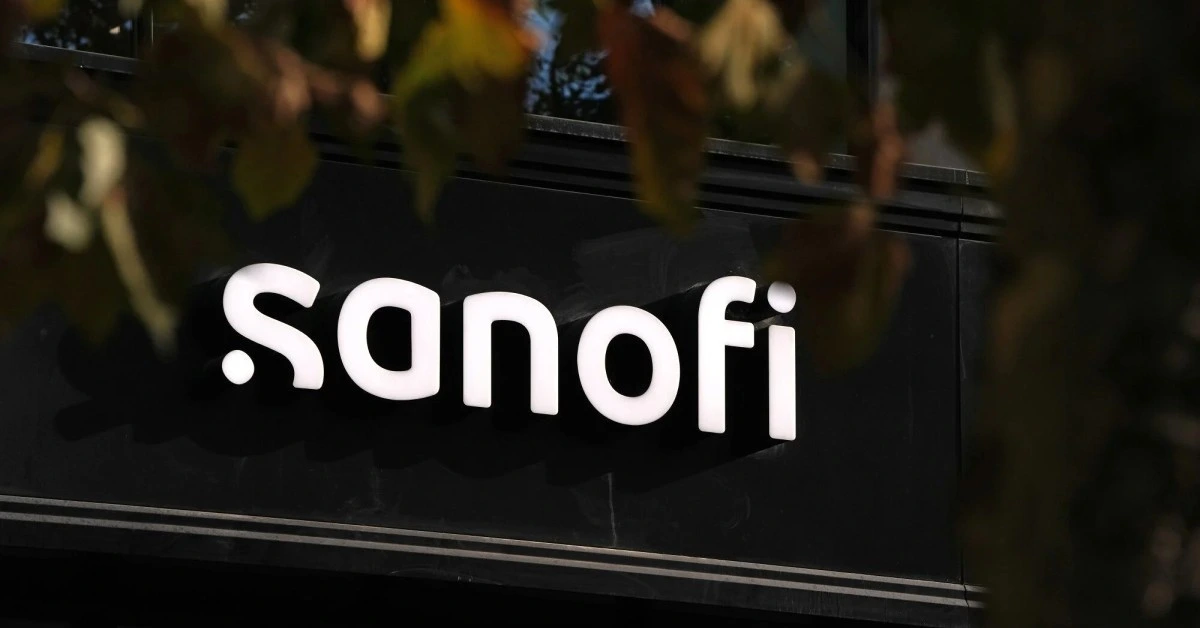
FRANCE – Sanofi has repurchased a €3 billion ($3.1 billion) stake from cosmetics giant L’Oréal, marking the first step in its planned share buybacks for 2025.
L’Oréal sold 29,556,650 shares at €101.50 (US $105.2) each, reducing its stake in Sanofi from 9.4% to 7.2%. This transaction represents a 2.8% discount compared to Sanofi’s closing share price on 31 January.
The two companies, both listed in Paris, saw their stocks react to the news. On 3 February, L’Oréal’s shares opened 2.5% lower, while Sanofi’s shares dipped slightly by 0.4%.
Despite this, Sanofi’s shares have been performing well, driven by the success of its blockbuster asthma treatment Dupixent (dupilumab) and the launch of its RSV vaccine Beyfortus (nirsevimab), developed in partnership with AstraZeneca.
L’Oréal has been a stakeholder in Sanofi since 1999 and earned US $431 million in dividends from the drugmaker in 2022 alone.
Sanofi, meanwhile, has ambitious plans for 2025, including a US $5.12 billion share buyback program announced during its Q4 2024 results.
As of mid-2024, the company’s ownership structure was made up of 67% non-French institutional investors, 10.8% French institutions, 5.3% individual shareholders, and 2.6% employees, with L’Oréal holding 9.4% before the recent transaction.
Sanofi’s Chief Financial Officer, François Roger, emphasized the strategic significance of this buyback. He stated, “This transaction highlights Sanofi’s dedication to sustainable value creation while upholding our strategic priorities and preserving the strength of our key partnerships.”
In addition to its share buybacks, Sanofi is moving towards becoming a pure vaccine and drug manufacturer. The company is close to finalizing a deal to sell a controlling stake in its consumer health division, Opella, to US private equity firm Clayton Dubilier & Rice (CD&R).
The deal, valued at approximately US $17 billion, is expected to close by Q2 2025, following negotiations that began in October 2024.
This share buyback announcement comes shortly after vaccine manufacturers, including Sanofi, faced temporary market dips due to Robert F. Kennedy Jr.’s nomination for the US Health and Human Services (HHS) secretary position.
His anti-vaccine stance has sparked controversy, though its long-term impact on the industry remains uncertain.
Sanofi isn’t the only pharmaceutical giant focusing on share buybacks. Eli Lilly announced a US $15 billion buyback program in December 2024, fueled by the growing demand for its diabetes and weight-loss treatments.
Share buybacks are a popular strategy for companies with excess cash, as they boost earnings per share, increase the value of remaining shares, and adjust voting rights.
XRP HEALTHCARE L.L.C | License Number: 2312867.01 | Dubai | © Copyright 2025 | All Rights Reserved